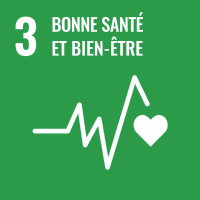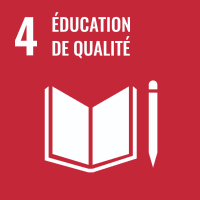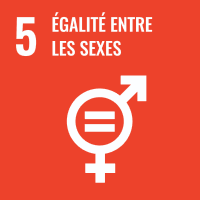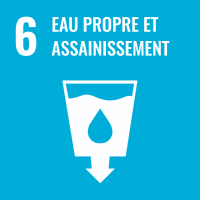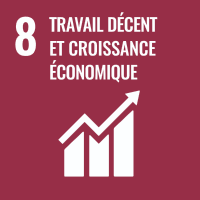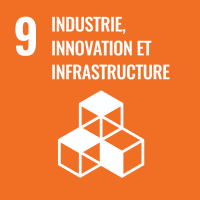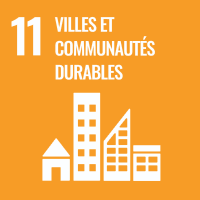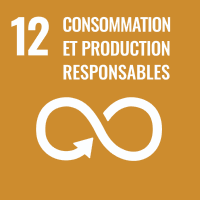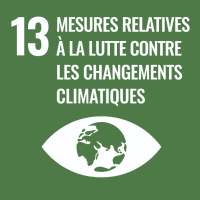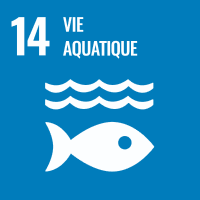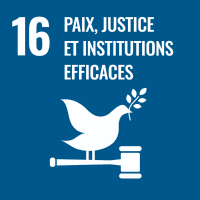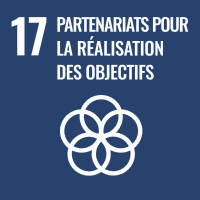Kataba, Bignona, Ziguinchor - Senegal
Mangrove
Reforest'Action is joining forces with Karamba and BIOECO to develop a multi-dimensional project, the main aim of which is to plant 98,448 mangrove trees to restore the mangroves around the communes of Kataba, Diouloulou and Kafountine.
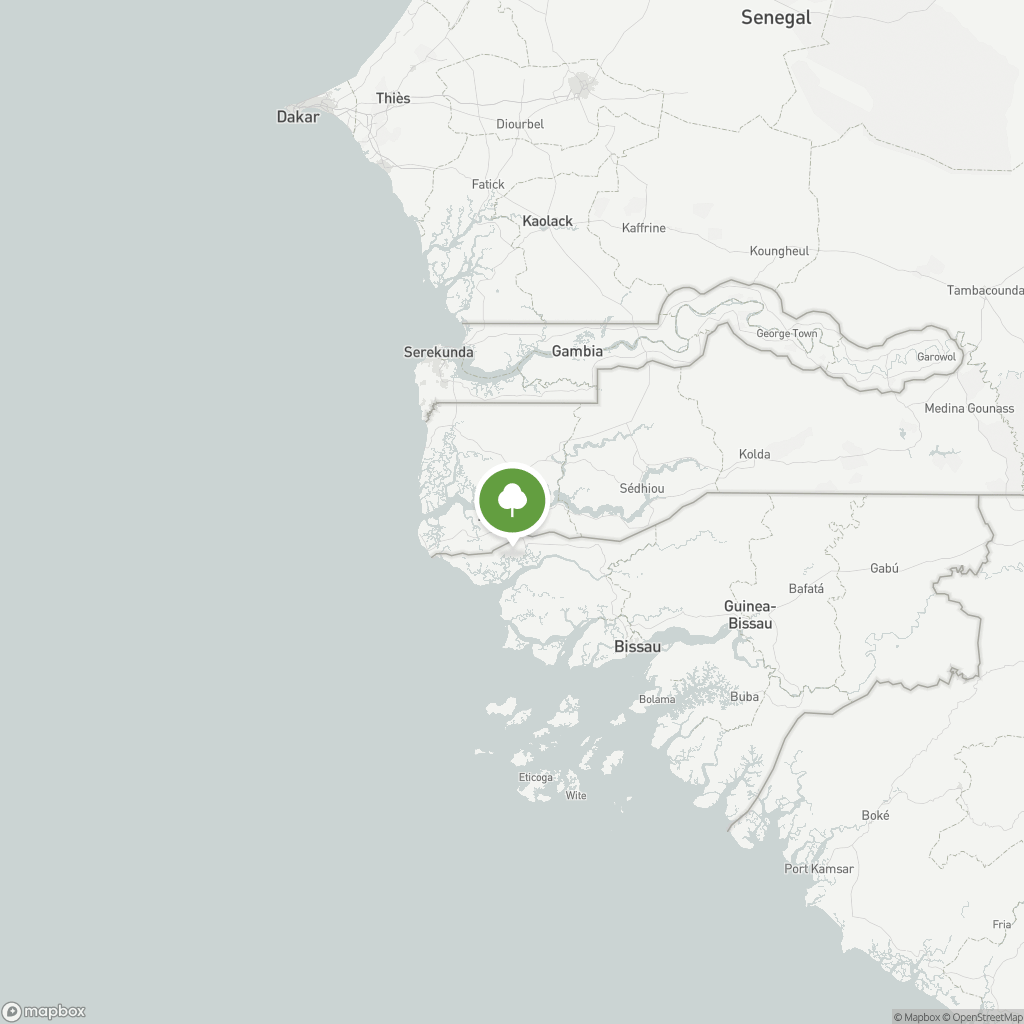
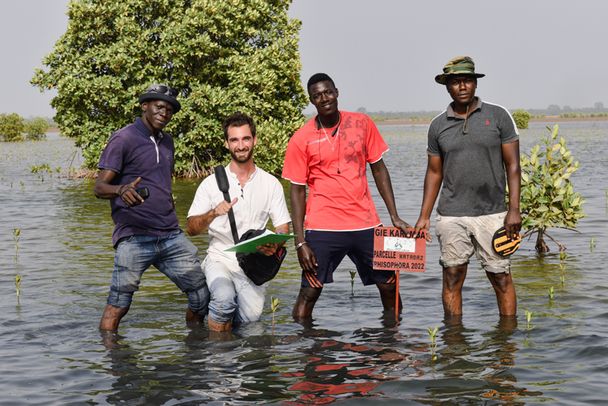
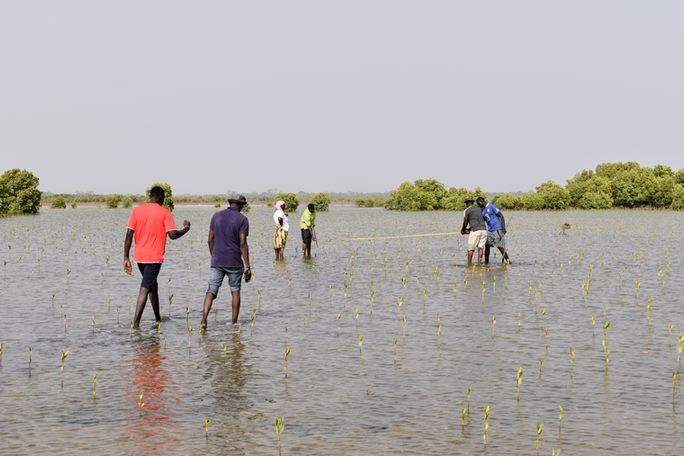
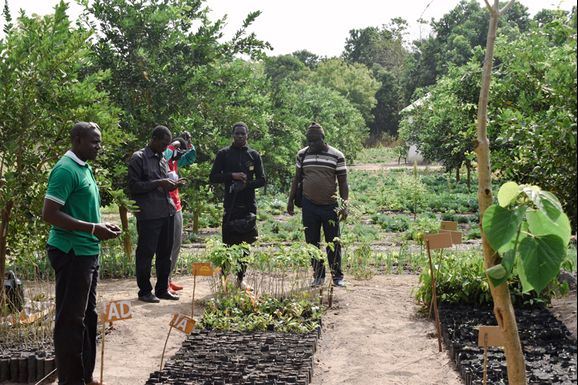
The Ziguinchor region, located in southern Senegal between Gambia and Guinea-Bissau, is marked by a strong erosion of its biodiversity, to which the armed conflicts of the 1980s and the demographic explosion have contributed. In addition to this environmental disaster, soils are becoming increasingly saline due to the accumulation of salts with a high sodium content at levels that are toxic for fauna, flora and fungi. The result is a massive abandonment of this land, which gradually becomes infertile and evolves into bare and sterile spaces, unsuitable for any agricultural activity. This natural phenomenon is aggravated by climate change and the retreat of the region's forests, including the mangrove ecosystems along the Casamance River.
Mangrove restoration is the main component of the project, and aims to reduce the salinisation of coastal land, particularly rice fields, which makes them unsuitable for cultivation. The planting of mangrove trees (Rhizophora and Avicennia) also helps to increase economic activities linked to the mangroves, such as fishing and the production of wood energy for cooking. Between February 2022 and February 2023, young people from the region were heavily involved in these labour-intensive operations.
Four species are being replanted to enrich degraded natural forests: néré, Senegal mahogany, linké and gmelina. Cashew seedlings are also introduced. These fire-resistant trees, with their high economic added value, will act as firebreaks against potential bush fires. The project also involves reforestation of the tannes. These maritime marshes, located between the mangrove swamps and the mainland, can be tannes vifs (i.e. flooded) or herbaceous, depending on their location. The reforestation work carried out as part of the project concerns tannes that were formerly grassy and have now been stripped bare by intensive livestock grazing, with the aim of stabilising these ecosystems and restoring their crucial role in combating the salinisation of the land. The three species planted (eucalyptus, filao and niawli) will eventually regenerate the grass cover.
Around Kataba, local communities depend on agriculture for their daily livelihoods. They grow rice, millet, maize, cowpeas and sorghum. The agroforestry trees planted as part of the project will enable farmers to protect their crops and generate additional income by selling fruit at local markets. Our partners are training local producers in the need to include trees as an integral part of their agriculture through the creation of agroforestry systems. Various species are being introduced: fruit trees, including the detarium tree and the dene tree (Parkia biglobosa), known for the juice extracted from its fruit but also for its medicinal uses; these species will help to protect the underlying crops and provide local people with additional income from the sale of their fruit and seeds. Timber species are also planted in agroforestry, such as gmelina, Senegal mahogany (Khaya senegalensis) and linké (Afzelia africana), a local species that is in danger of extinction. These species will provide communities with timber and firewood resources, thereby avoiding the need to cut down existing forests. Linké has many applications in traditional pharmacopoeia, and will also be used to produce fodder for livestock.
At the same time, training programmes are being rolled out for local farmers. These include training in Assisted Natural Regeneration (ANR), such as identifying natural regrowth and protecting it with sheaths against livestock and bush fires.
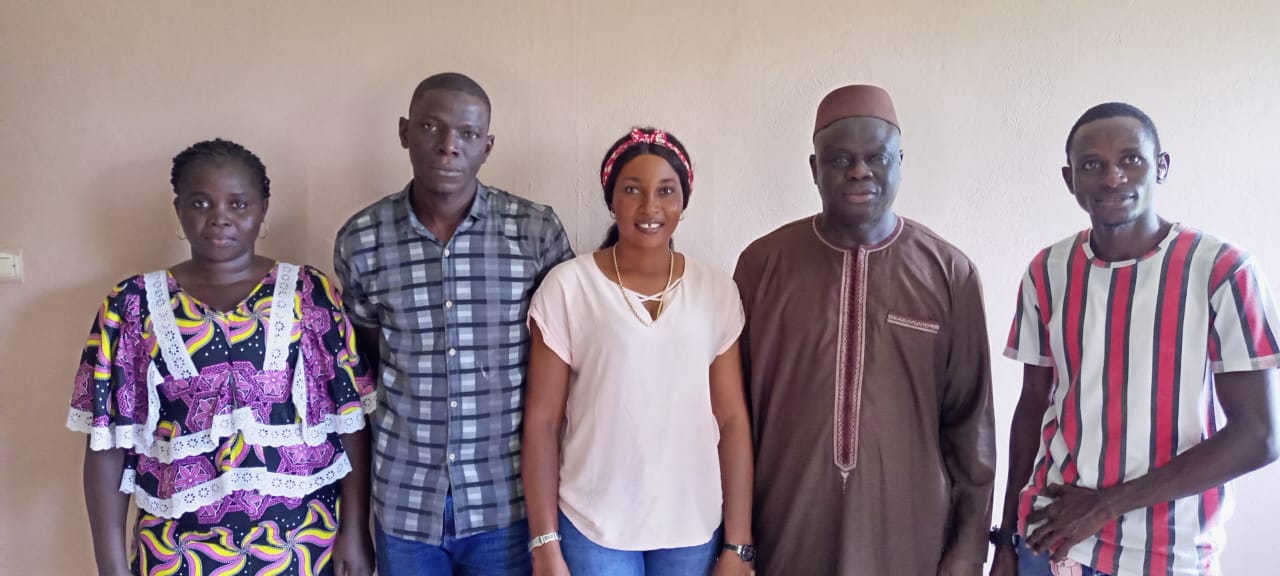
Karamba is an economic interest group created in 2015 by Senegalese and French experts and technicians who have worked for more than twenty years in forest management and reforestation, particularly in the Casamance region of Senegal. Within the Senegalese local authorities, Karamba supports several projects in the field of forest management. In the framework of the Kataba project, Karamba ensures the coordination, monitoring and technical evaluation of the project as well as technical training for local communities. Bioeco is a French company that works with consultancy firms on forestry projects, particularly on reforestation. Within the framework of the Kataba project, BIOECO provides technical and financial evaluation and temporary technical support. Karamba and BIOECO have provided their expertise to several reforestation projects in Africa (Senegal, Sierra Leone, Congo, Madagascar).
